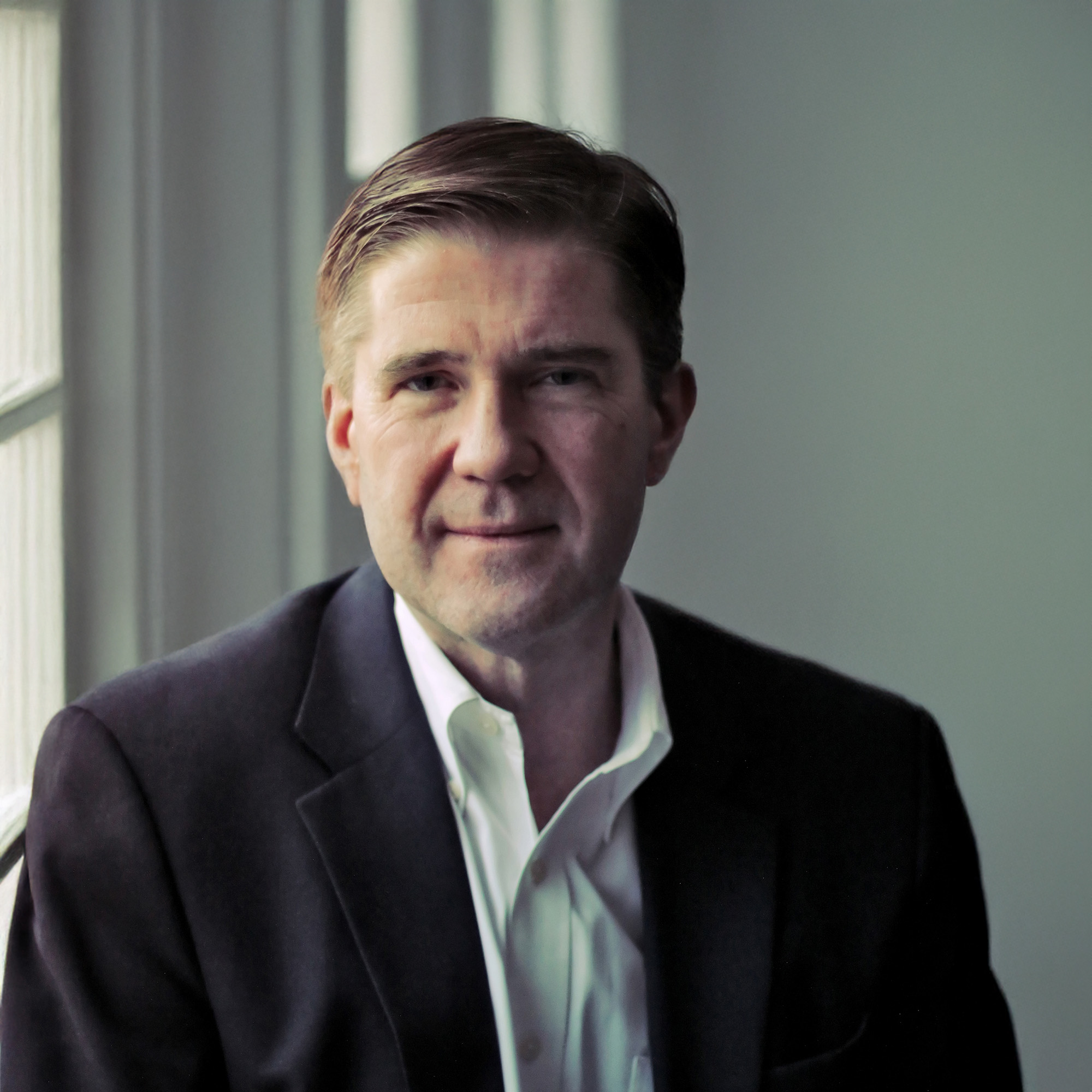As part of a hybrid event, AIA Fellow John Austin brought together innovation leaders and ecosystem builders from the US, Canada, the UK, and Europe to discuss the development of university-based innovation ecosystems in transatlantic cooperation. The discussion focused on why Europe, compared to the US, has long been unable to create the ideal conditions for research and development and for financing an innovative start-up and technology culture. For a long time, Anglo-Saxon democracies, and especially the US, were considered to be much more innovation-friendly than the often sluggish structures of continental European institutions and politics.
However, since the mercantilist policies of the new Trump administration, accompanied by domestic policies that are undermining many of the driving forces behind the US’s success in innovation – including the financing of research universities and innovation, as well as immigration (an important source of technical and entrepreneurial start-up talent in the US) – Germany, France, the other EU states, Canada, and the UK have been striving to build their own innovation ecosystems more effectively and to benefit from the exodus of R&D funds, talent, and capital from the US. It was argued that the promotion of robust innovation ecosystems in former industrial centers such as Cleveland (Ohio) and Pittsburgh (Pennsylvania), as well as in manufacturing states such as Wisconsin, Michigan, and North Carolina in the US, shows that dynamic innovation ecosystems are not limited to Silicon Valley, but can be purposefully built.
In the end, there was agreement that innovation leaders and ecosystem builders in the US, Canada, the UK, and Europe can learn a lot from each other about essential building blocks, strategies, practices, and policies, and that exchanges such as this event should be held much more frequently.
Info:

John Austin
Fellow AIA NRW